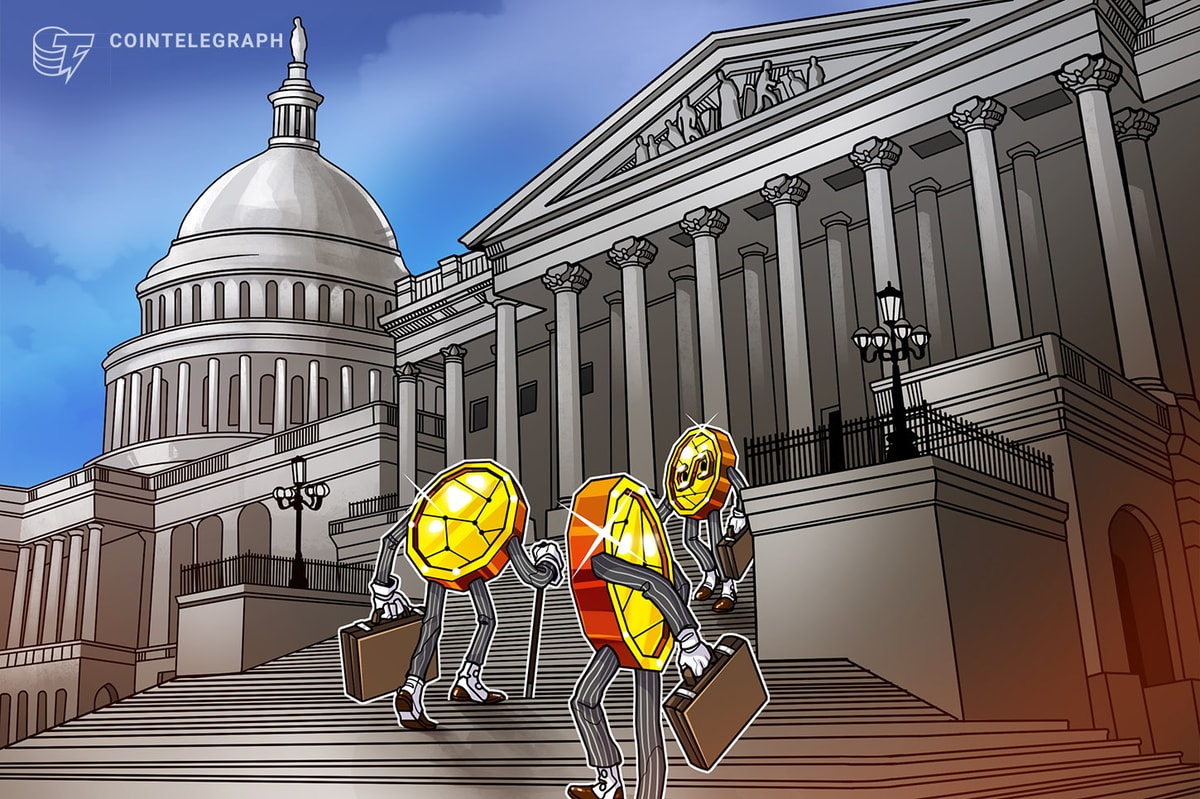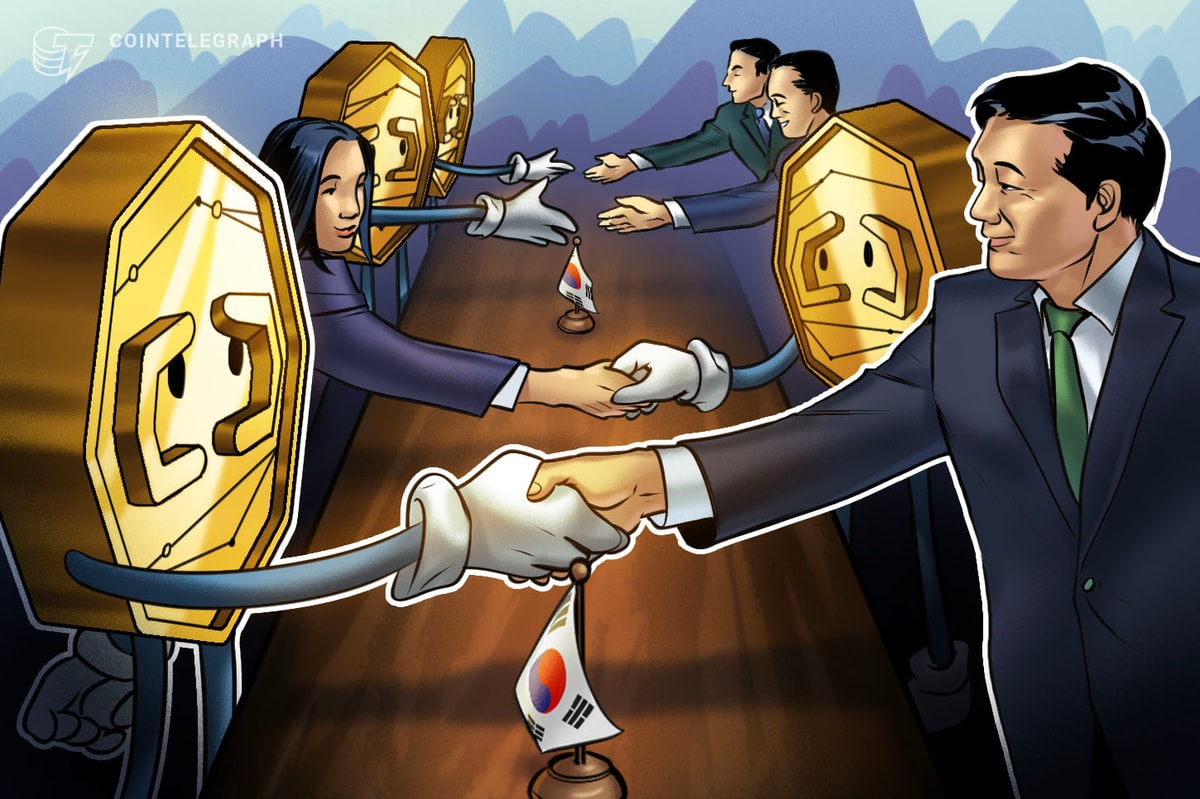Anthropic, the developer of the artificial intelligence (AI) model Claude, has filed a rebuttal to a lawsuit filed in October by a group of music labels, including Universal Music Group (UMG), alleging misuse of copyrighted work.
The AI developer filed its opposition on Jan. 16 stating that not only are the plaintiff’s claims not valid, but that the case was filed in the wrong court.
“Plaintiffs’ assertions of irreparable harm are unpersuasive on their face. At the proper time and in the proper venue, Plaintiffs will have ample opportunity to test their substantive legal theories…”
The initial claims from Universal Music Group, Concord Publishing, and ABKCO Music & Records alleged that Anthropic committed “unlawful” use and “unlawfully” copied and disseminated “vast amounts of copyrighted works” from them while training its AI models.
In return, Anthropic called these claims not only an “attack on this new category of digital tools,” but also said that they “misconceive the technology and the law alike.”
It also pointed out that the plaintiffs complaint about using Anthropic's generative AI tool to procure copyrighted song lyrics, though said the tool is “not designed to output copyrighted material” and if it is the case it must be a “bug” that bypassed its guardrails.
The original complaint mentioned that at least 500 songs by popular musicians, including Beyonce, the Rolling Stones and The Beach Boys, had copyrights violated by the AI.
However, Anthropic rebutted that the music companies provided "no evidence" and not even a “meaningful subset of users” other than themselves had entered prompts that resulted in the copyrighted lyrics being generated.
"Normal people would not use one of the world's most powerful and cutting-edge generative AI tools to show them what they could more reliably and quickly access using ubiquitous web browsers.”
Anthropic was founded by former members of OpenAI, the creator of ChatGPT, and has received backing from the likes of Google and Amazon.
This is one of dozens of ongoing lawsuits between AI developers and various creative publishers, artists and companies claiming the companies committed some level of copyright infringement during the training of the models.
The latest case to capture the industry's attention was a lawsuit filed by the New York Times against OpenAI, claiming the model threatens its ability to do its journalistic work by copyrighting its information and providing it for free to users.
Magazine: Top AI tools of 2023, weird DEI image guardrails, ‘based’ AI bots: AI Eye











